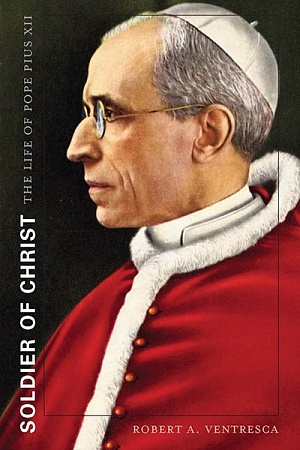J.M. Coetzee and the Life of Writing
Text Publishing, $32.99 pb, 272 pp, 9781925240610
J.M. Coetzee and the Life of Writing by David Attwell
Few, if any, contemporary authors have attracted the level of critical attention that is lavished upon J.M. Coetzee. No doubt there are many reasons for this, but a good part of the fascination with his fiction is a result of the evident rigour with which it is conceived. To read a Coetzee novel is to encounter a work that seems to have been thought through on every possible level. His writing not only foregrounds its thematic concerns in multifaceted and evocative ways; it also displays an often quite overt sense of formal self-awareness, one consequence of which is that even an apparently ad hoc work such as Elizabeth Costello (2003), which appears to be (and in fact is) a cobbled together collection of lightly fictionalised lectures, somehow manages to stay a step ahead of its readers. Coetzee’s fictions are not merely well crafted; they seem to have a remarkable ability to scrutinise their own premises.
For much of his career, Coetzee has also benefited from a certain mystique, an air of unknowability, which followed from his disinclination to speak publicly about his personal life and his creative processes. His reputation for reticence (which was perhaps always a little overstated) has, however, begun to soften in recent years. J.C. Kannemeyer’s substantial biography J.M. Coetzee: A Life in Writing (2012), written with its subject’s co-operation, has fleshed out many of the previously sketchy details of Coetzee’s life. The book has significant flaws, some of which are attributable to the fact that Kannemeyer died suddenly before he was able to shepherd it into print, but it contains a large amount of valuable background material that places the fiction – the South African novels, in particular – in an appropriate historical context, and provides important information about the development of Coetzee’s thinking and the evolution of his art.
Continue reading for only $10 per month. Subscribe and gain full access to Australian Book Review. Already a subscriber? Sign in. If you need assistance, feel free to contact us.











Leave a comment
If you are an ABR subscriber, you will need to sign in to post a comment.
If you have forgotten your sign in details, or if you receive an error message when trying to submit your comment, please email your comment (and the name of the article to which it relates) to ABR Comments. We will review your comment and, subject to approval, we will post it under your name.
Please note that all comments must be approved by ABR and comply with our Terms & Conditions.